Description
In Depth
MELA is a powerful enzyme and herbal matrix formula designed to support a wide range of cellular processes, focusing on digestion, inflammation management, and blood purification. Enzymes act as crucial catalysts for cellular life, and MELA’s protease enzyme blend, combined with supportive herbs, helps break down inflammatory protein byproducts that can trigger allergy-immune responses. This formula also supports blood vessel integrity and promotes overall blood purity. By assisting the body’s natural anti-inflammatory processes, MELA helps maintain a healthy gastrointestinal microbiome and robust immune system. It can alleviate general discomfort, body aches, and malaise often associated with enzyme depletion, effectively replenishing the body’s enzyme reserves. Recent research highlights the role of proteolytic enzymes in disrupting undesired microbial biofilm colonies in the intestines. Clinicians frequently utilize MELA alongside Enzee as “biofilm busters” in comprehensive gut microbiome cleansing programs, emphasizing its role in promoting a balanced and healthy gut environment.
Key Features
- MELA features a blend of protease enzymes, including bromelain, papain, and nattokinase, which act as potent anti-inflammatory agents. These enzymes break down proteins into amino acids and peptides, supporting the immune system by dissolving the cell walls of pathogens, digesting waste products, and clearing inflammatory cellular debris. They also aid in purifying blood and lymph by removing protein byproducts and can help dissolve blood clots. Research, notably by Dr. Edward Howell, suggests that supplemental enzymes bolster the body’s natural enzyme processes, conserving its “enzyme bank account” and promoting cellular longevity and nutritional health. Contrary to previous beliefs, Dr. Howell demonstrated that enzymes can be absorbed into the bloodstream and that proteolytic enzymes can support healthy immune and inflammatory responses.
- Amylase, a digestive enzyme found in the stomach and pancreas, specializes in breaking down carbohydrate (starch) structures. It hydrolyzes the glycosidic bonds within starch molecules, converting complex carbohydrates into simpler sugars. There are three main classes of amylase—alpha, beta, and gamma—each targeting different segments of the carbohydrate molecule. One of amylase’s significant roles is to prevent inflammatory responses by breaking down large, potentially inflammatory starches into smaller, non-inflammatory sugars.
- Horse chestnut (Aesculus hippocastanum) possesses powerful anti-inflammatory properties and has been shown in scientific studies to help relieve pain and inflammation. It contains aescin, a compound that reduces redness and swelling without suppressing the immune system. Aescin also exhibits strong antioxidant activity, which can alleviate pain and inflammation and improve blood circulation. It may also benefit conditions such as hemorrhoids and male infertility caused by swollen veins.
- Amla (Emblica officinalis), also known as Indian gooseberry, is a staple in Ayurvedic medicine. It contains phenols, flavonoids, and tannins, as well as high levels of vitamin C, making it an effective anti-inflammatory herb that neutralizes cell-damaging free radicals. A study published in the Indian Journal of Pharmacology found that amla significantly reduced total cholesterol, LDL, triglycerides, and VLDL, while increasing beneficial HDL levels. It also demonstrated amla’s effectiveness in lowering blood pressure, even surpassing a common blood pressure medication. Further studies suggest amla’s efficacy against various ailments, including inflammation, cancer, osteoporosis, neurological disorders, hypertension, and infectious diseases. Amla also supports cellular enzyme systems, such as glutathione, catalase, and superoxide dismutase.
- Turmeric (Curcuma longa) is now recognized as a potent herb with far-reaching anti-inflammatory and anti-tumor properties. As a powerful antioxidant, it helps lower blood cholesterol levels and prevents LDL buildup in arteries. A meta-analysis published in ScienceDirect has shown turmeric’s viability in addressing osteoarthritis, metabolic syndrome, cardiovascular disease risk, and the management of communicable diseases.
Essential Ingredients
- Protease
- Amylase
- Horse Chestnut
- Amla
- Turmeric
Directions
Take 2 capsules daily, preferably away from food, or as directed by your health care professional.
Warnings
Professional grade. Keep away from heat, sunlight, and children.
Quality Guarantee
cGMP facility
Non-GMO
Gluten Free
Frequently Asked Questions
How does MELA support the immune system?
MELA supports the immune system by breaking down cell walls of pathogenic organisms, digesting waste products, and clearing inflammatory cellular debris. The protease enzymes help purify the blood and lymph, while ingredients like amla and turmeric offer antioxidant and anti-inflammatory support.
What are "biofilms" and how does MELA help with them?
Biofilms are colonies of microorganisms that adhere to surfaces and are often protected by a matrix of extracellular polymeric substances (EPS). MELA, with its proteolytic enzymes, can help disrupt these biofilms, supporting a healthy gut microbiome. This is why clinicians often use it alongside ENZEE in gut cleansing programs.
Can MELA help with general body aches and discomfort?
Yes, MELA can help alleviate general body aches and discomfort often associated with enzyme depletion and inflammatory protein byproducts. By replenishing enzyme reserves and reducing inflammation, it can improve overall well-being.
How does MELA support digestive health?
MELA contains enzymes such as Amylase, and protease enzymes, that aid in the breakdown of carbohydrates and proteins, supporting healthy digestion and nutrient absorption. It also promotes a healthy gut microbiome by helping to disrupt harmful biofilms.
Can MELA help with cardiovascular health?
Yes. Ingredients like horse chestnut and amla support healthy blood circulation and help maintain blood vessel integrity. Turmeric also contributes to cardiovascular health by reducing inflammation and lowering cholesterol levels.
What is the role of protease enzymes in MELA?
Protease enzymes, like bromelain, papain, and nattokinase, break down proteins into amino acids and peptides. They support the immune system by clearing inflammatory debris and help purify the blood and lymph.
What are the benefits of amla in MELA?
Amla is a powerful antioxidant and anti-inflammatory herb. It helps neutralize free radicals, supports healthy cholesterol levels, and promotes overall cellular health.
How does turmeric contribute to the benefits of MELA?
Turmeric is a potent anti-inflammatory and antioxidant. It helps lower cholesterol levels, supports cardiovascular health, and offers numerous benefits for overall well-being.


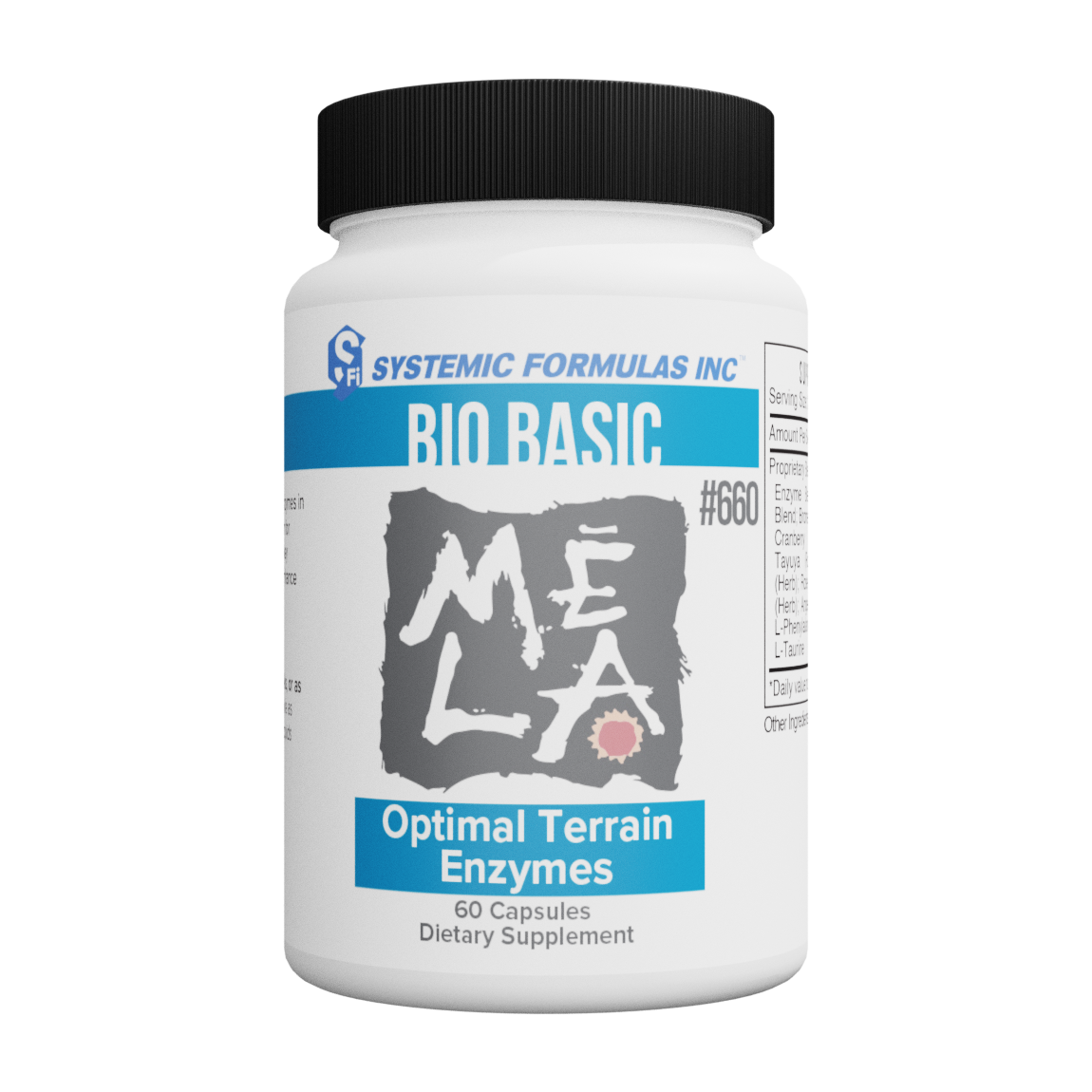
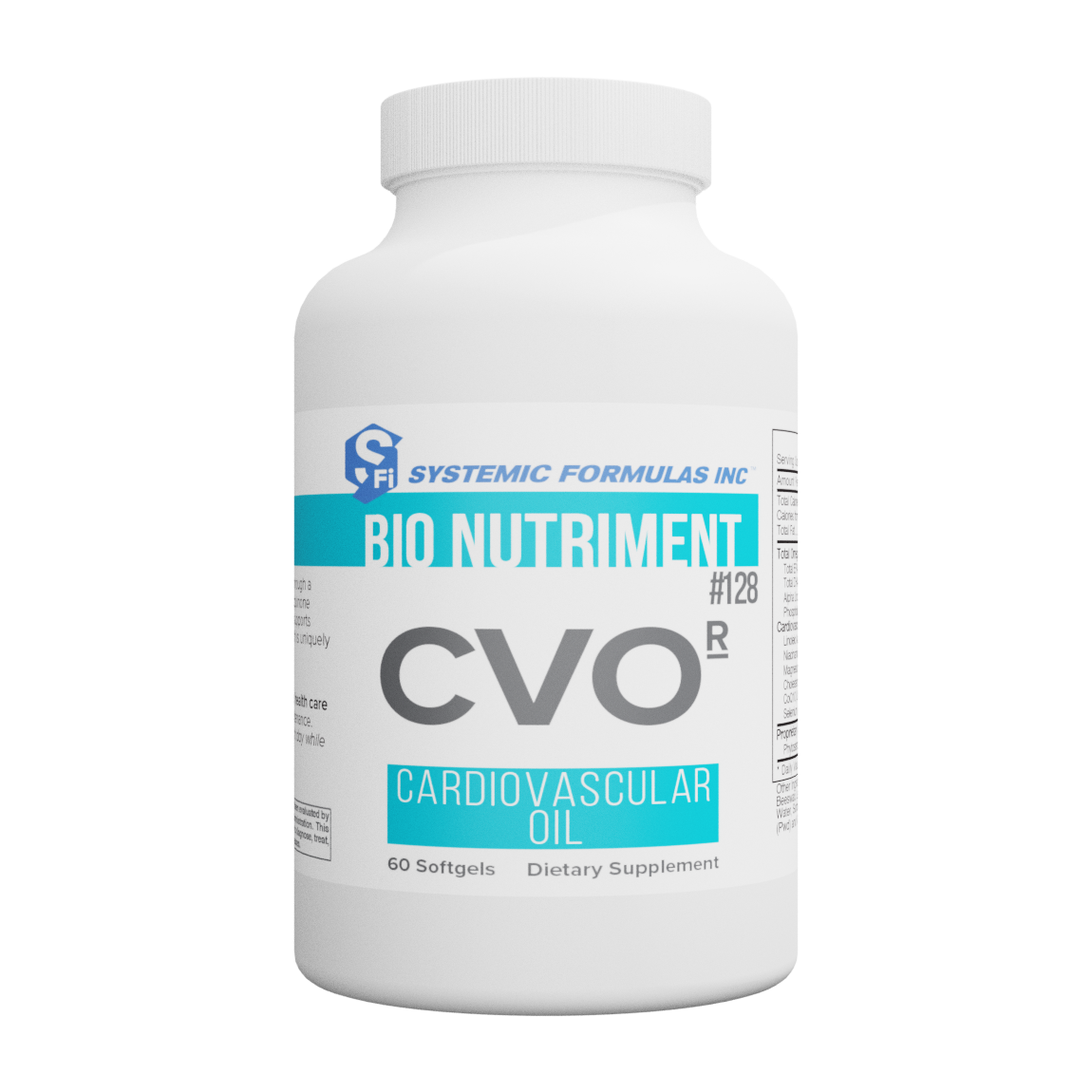
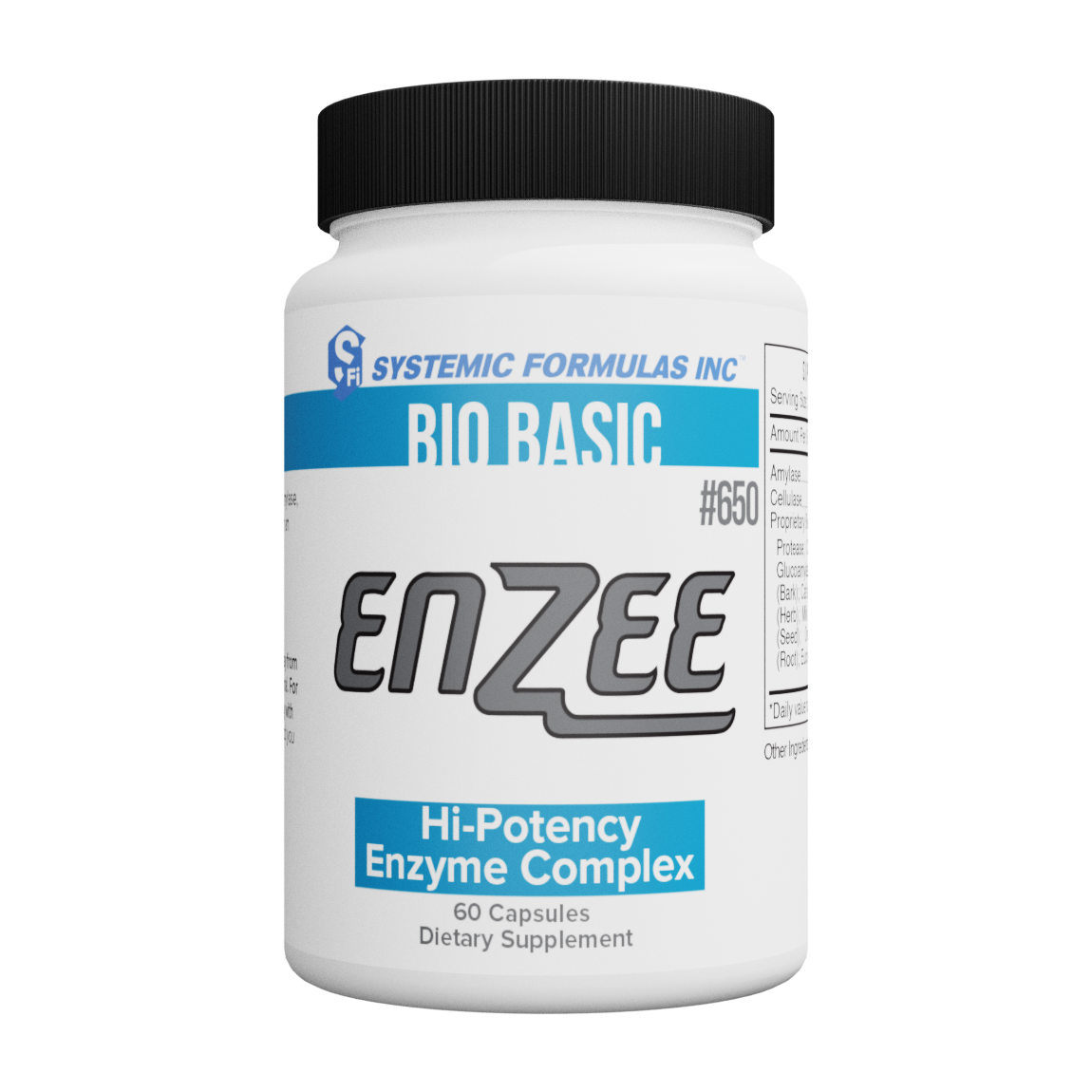
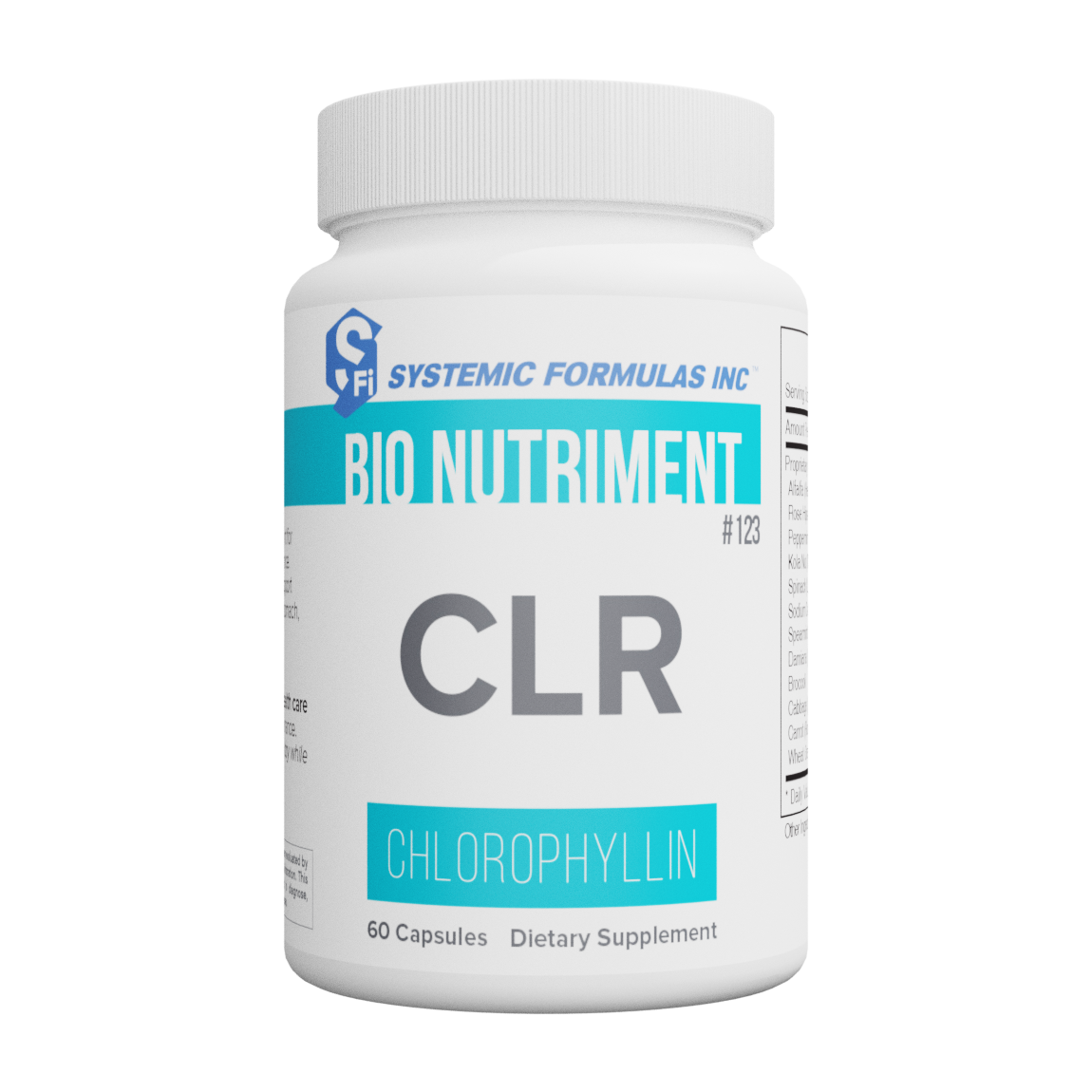
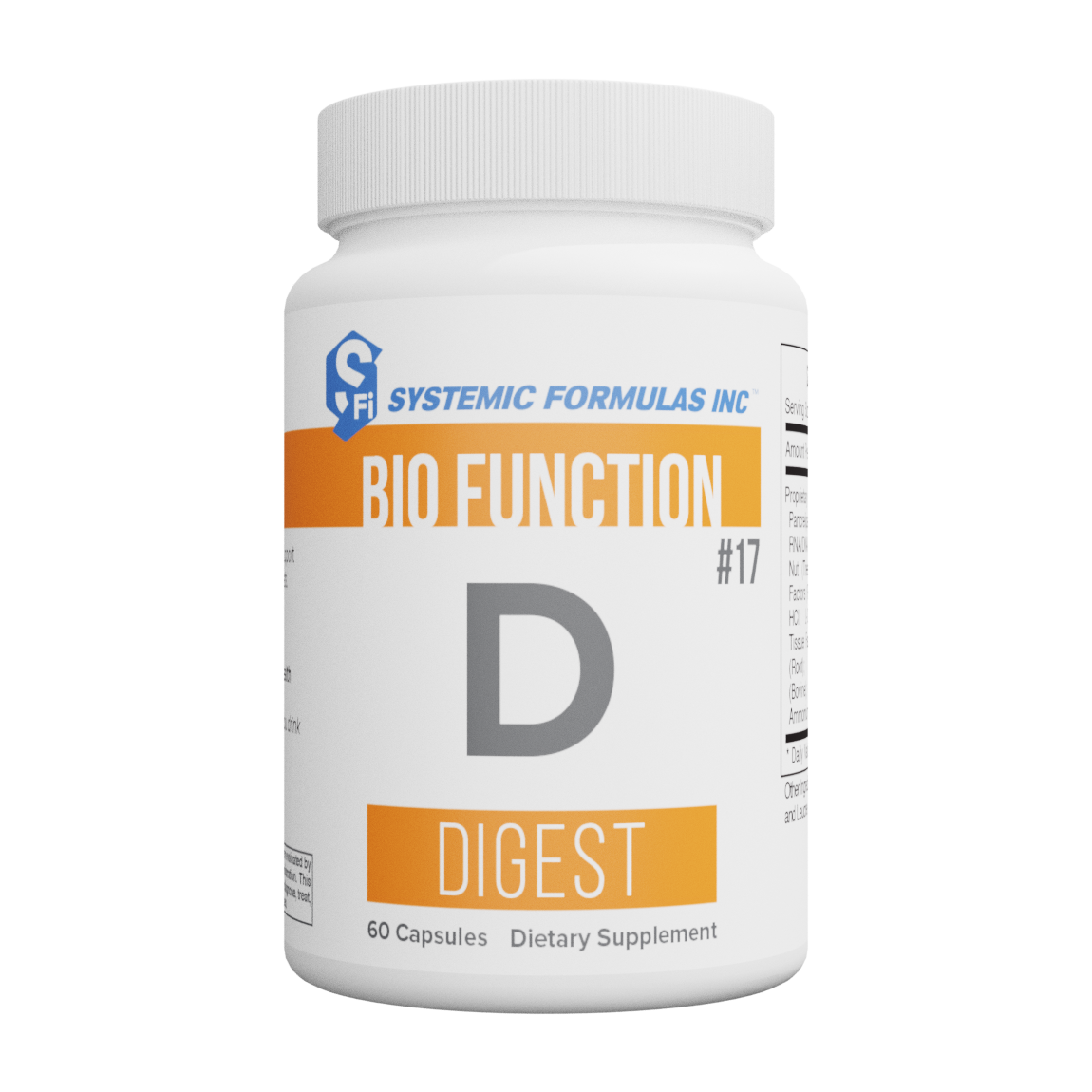
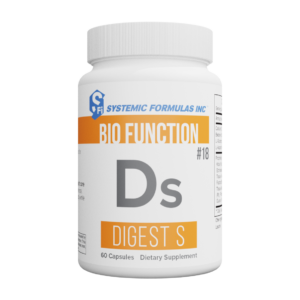
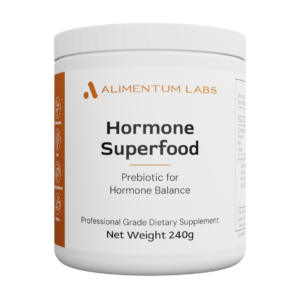
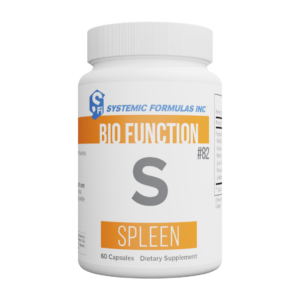
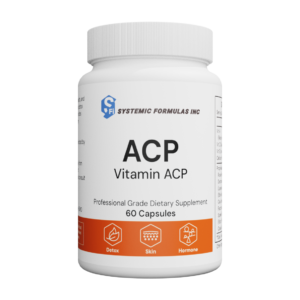

There are no reviews yet.